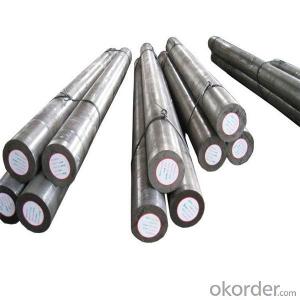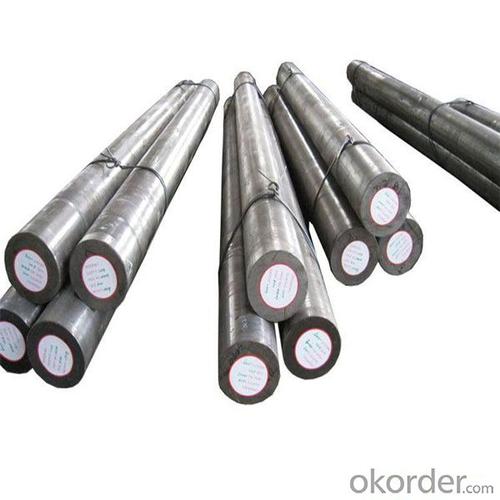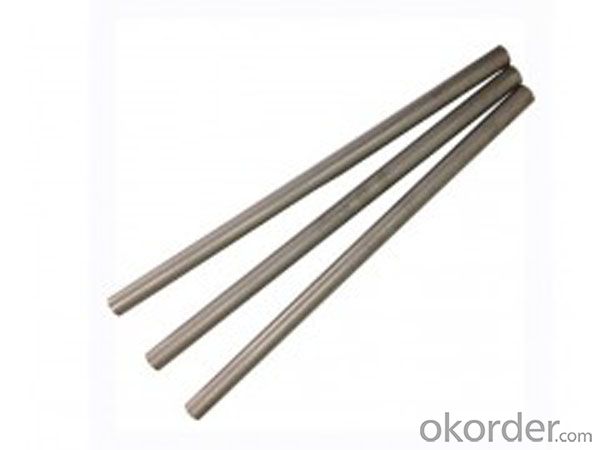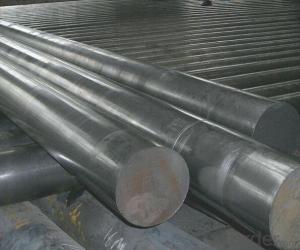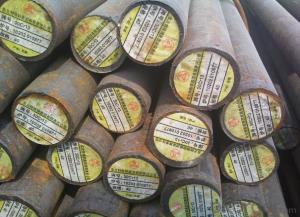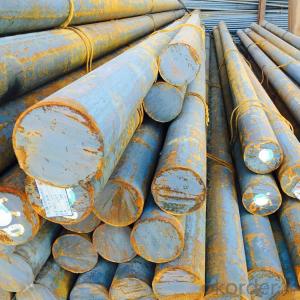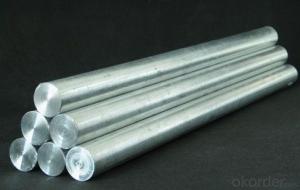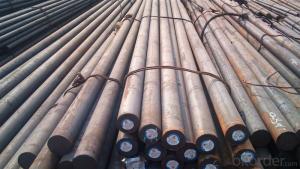Special Steel Carbon Steel Structural Black or Galvanized MS
- Loading Port:
- China main port
- Payment Terms:
- TT OR LC
- Min Order Qty:
- 30 m.t.
- Supply Capability:
- 10000 m.t./month
OKorder Service Pledge
OKorder Financial Service
You Might Also Like
Specification
Product Information
Product | square hollow section |
out diameter | 10mm*10mm-500mm*500mm |
thickness | 0.7mm-60mm |
length/pc | 1-12m (as customer`s requirement) |
standard | ASTM A500,JG 178-2005,JIS G3466,EN10210 |
grade | ASTM A53,ASTM A106 ASTM A210,ASTM A283,ST33, ST37-2,ST52, DIN1626,DIN1629,STPY41,G3452,G3457, S235,S355, Q195-Q235,Q345 |
surface | hot dipped galvanized ,per-galvanized,painted,oiled and etc, |
certification | ISO9001:2008,SGS,BV |
quality test | we offer MTC (mill test certification) |
provenance | tianjin china |
application |
Widely used in mechanical manufacture, construction field, metallurgy industry, farm vehicles, agriculture greenhouse, automotive industry, railway, highway guardrail, container frame, furniture, decoration, steel structure etc |
MOQ | 25t |
price | 580-750 USD/MT |
Package | packed in bundle, suitable for sea transport .or as customer`s requirement |
Payment terms | by L/C at sight or 30% deposit then pay the balance money after receive the copy of B/L |
Deliver Time | within 20days after received the deposit or L/C |
main market | Asia, Latin America , Africa, Europe, and Oceania, |
test | 1 Chemical Component Analysis, |
Size | Wall thickness | Size | Wall thickness | Size | Wall thickness | Size | Wall thickness |
mm | mm | mm | mm | mm | mm | mm | mm |
10x10 | 0.6-0.8 | 42x42 | 1.2-6.0 | 90x90 | 2.5-6.0 | 150x150 | 4.0-8.0 |
Product Show
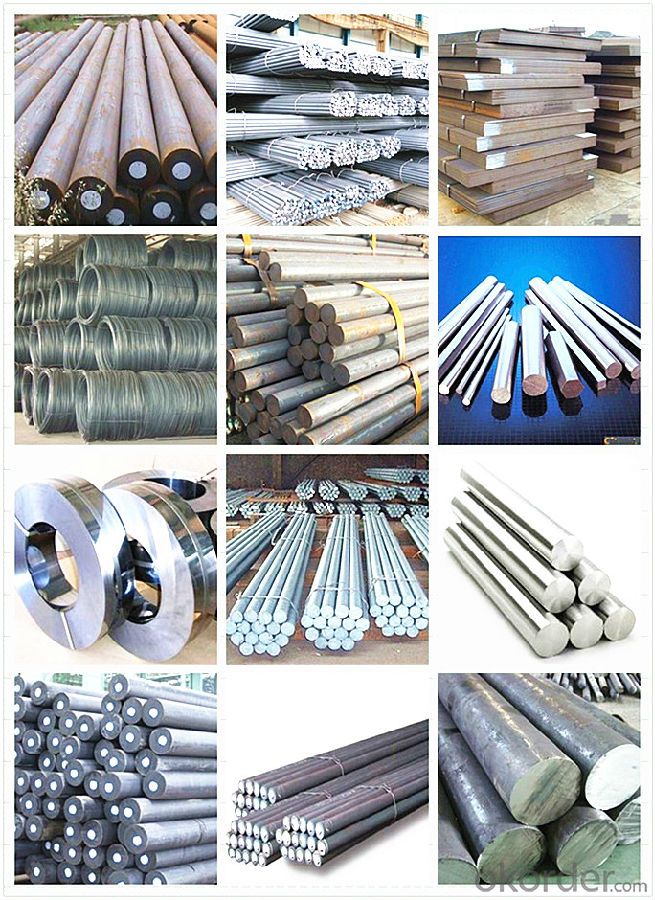
Workshop Show
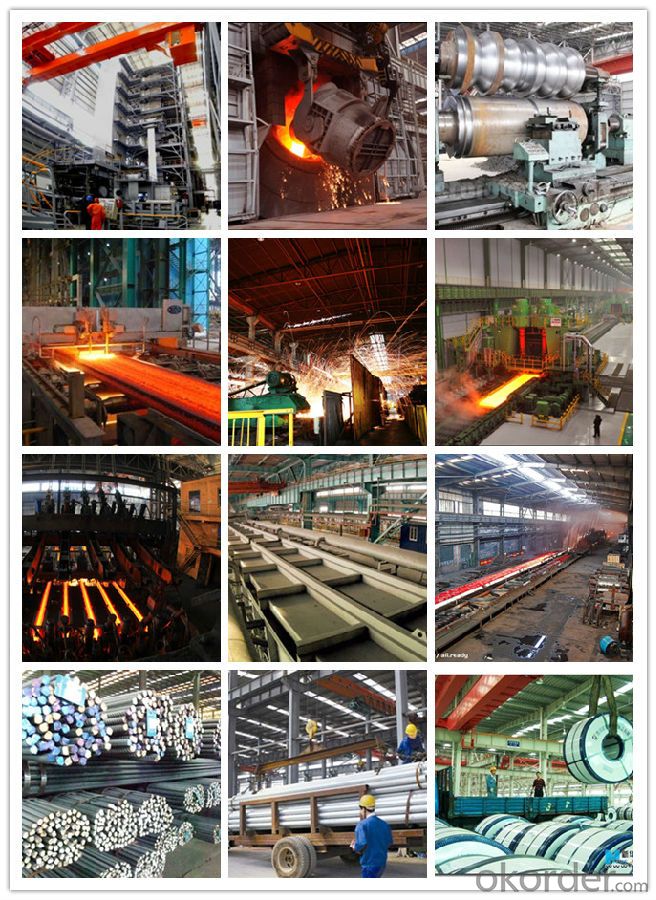
Shipping
1. FedEx/DHL/UPS/TNT for samples, Door-to-Door;
2. By Air or by Sea for batch goods, for FCL; Airport/ Port receiving;
3. Customers specifying freight forwarders or negotiable shipping methods!
Delivery Time: 3-7 days for samples; 5-25 days for batch goods.
Payment Terms
1.Payment: T/T, L/C, Western Union, MoneyGram,PayPal; 30% deposits; 70% balance before delivery.
2.MOQ: 1pcs
3.Warranty : 3 years
4.Package Informations: 1) EXPORT, In 20 feet (GW 25 ton) or 40 feet Container (GW 25 ton)
2)as customer's requirement
Why choose us?
(1) The leading exporter in China special steel industry.
(2) Large stocks for various sizes, fast delivery date.
(3) Good business relationship with China famous factories.
(4) More than 7 years steel exporting experience.
(5) Good after-sales service guarantee.
- Q: What are the main applications of special steel in the energy storage industry?
- Special steel is extensively used in the energy storage industry for various applications. Some of the main applications include the manufacturing of high-performance battery components, such as battery casings, terminals, and current collectors. Special steel is also used in the production of energy storage system components like fuel cells, hydrogen storage tanks, and pressure vessels. Additionally, special steel is utilized in the construction of infrastructure for energy storage facilities, such as pipelines, storage tanks, and structural supports. Overall, special steel plays a vital role in enabling efficient and durable energy storage systems in the industry.
- Q: How does high-speed steel perform in high-temperature cutting operations?
- High-speed steel performs exceptionally well in high-temperature cutting operations. It has excellent heat resistance, retaining its hardness and strength even at elevated temperatures. This makes it highly effective in applications that involve high cutting speeds and temperatures, ensuring prolonged tool life and improved cutting performance.
- Q: How does special steel contribute to the manufacturing of bearings?
- The importance of special steel in bearing manufacturing cannot be overstated. This type of steel, also known as bearing steel, is specifically designed to meet the demanding requirements of bearings. First and foremost, special steel offers exceptional hardness, which is crucial for bearings to endure heavy loads and high-speed rotations. This hardness allows the bearings to resist wear and deformation, resulting in a longer lifespan and reliable performance. In addition, special steel possesses excellent corrosion resistance. Bearings often operate in harsh environments where they are exposed to moisture, chemicals, and other corrosive substances. The special steel used in their production effectively prevents rust and deterioration, ensuring that the bearings can withstand these challenging conditions. Furthermore, special steel has superior heat resistance and thermal stability. Bearings can generate significant heat during operation due to friction and pressure. The special steel used in their production can withstand high temperatures without losing its structural integrity, preventing premature failure and ensuring consistent performance. Moreover, special steel offers exceptional strength and toughness. These properties are vital for bearings to withstand the intense forces and impacts they experience during operation. The high strength and toughness of the steel prevent fractures, breakages, and other forms of damage, contributing to the overall durability and reliability of the bearings. Lastly, special steel has excellent dimensional stability and machinability. This allows for precise manufacturing and shaping of the bearing components, ensuring accurate dimensions and smooth surfaces. The dimensional stability of the steel ensures that the bearings can maintain their proper fit and alignment within the machinery, minimizing any potential issues or malfunctions. In conclusion, the unique properties of special steel make it indispensable in bearing manufacturing. Its hardness, corrosion resistance, heat resistance, strength, toughness, dimensional stability, and machinability enable bearings to withstand various challenging conditions, ensuring their reliable and efficient operation in a wide range of applications.
- Q: How is bearing steel used in the manufacturing of bearings?
- Bearing steel is used in the manufacturing of bearings due to its high strength and durability. It provides the necessary hardness and wear resistance required to withstand the heavy loads and continuous motion associated with bearing applications. The steel is typically heat-treated and processed to enhance its mechanical properties, such as improved fatigue life and corrosion resistance. This ensures that the bearings can operate efficiently and reliably in various industrial and automotive applications.
- Q: Can special steel be used in the recycling industry?
- Yes, special steel can be used in the recycling industry. Special steel, also known as alloy steel, is often used in the manufacturing of various products, including automobiles, construction materials, and industrial equipment. When these products reach the end of their life cycle, special steel can be recycled and reused in the production of new goods. The recycling industry plays a crucial role in reducing waste and conserving resources, and special steel can contribute to this sustainable practice.
- Q: What are the specific requirements for special steel used in the aerospace fastener industry?
- The aerospace fastener industry requires special steel that meets specific requirements in order to ensure the safety, reliability, and performance of aircraft components. These requirements include: 1. High strength: Special steel used in aerospace fasteners must have exceptional strength to withstand the extreme forces and stresses experienced during flight. This is crucial for maintaining the structural integrity of aircraft components. 2. Corrosion resistance: Aerospace fasteners are exposed to various environmental conditions, including moisture, high temperatures, and chemicals. Therefore, the steel used must possess excellent corrosion resistance properties to prevent degradation and maintain the longevity of the fasteners. 3. Fatigue resistance: As aircraft components undergo repeated loading and unloading cycles during their lifetime, the special steel used in aerospace fasteners must exhibit exceptional fatigue resistance. This ensures that the fasteners can withstand the cyclic loading without fracturing or experiencing any structural failures. 4. Temperature resistance: Aerospace fasteners are subject to extreme temperature variations, ranging from sub-zero temperatures at high altitudes to elevated temperatures near engines. The steel used should have excellent temperature resistance to maintain its mechanical properties under these conditions. 5. Lightweight: In the aerospace industry, weight reduction is crucial to improve fuel efficiency and increase the payload capacity of aircraft. Therefore, special steel used in aerospace fasteners should be lightweight without compromising on strength and other necessary properties. 6. Non-magnetic properties: Some aerospace applications require non-magnetic fasteners to prevent interference with sensitive electronic equipment, such as avionics and navigation systems. Therefore, the special steel used in such cases must exhibit non-magnetic properties. 7. Compliance with industry standards: Special steel used in the aerospace fastener industry must meet the stringent standards and specifications set by regulatory bodies, such as the International Organization for Standardization (ISO) and the National Aerospace and Defense Contractors Accreditation Program (NADCAP). Compliance with these standards ensures the quality and reliability of the fasteners. Overall, the specific requirements for special steel used in the aerospace fastener industry encompass high strength, corrosion resistance, fatigue resistance, temperature resistance, lightweight properties, non-magnetic characteristics, and compliance with industry standards. Meeting these requirements is essential to ensure the safety and performance of aircraft components.
- Q: What are the applications of high-speed steel?
- High-speed steel (HSS) finds numerous applications due to its exceptional combination of hardness, toughness, and heat resistance. It is extensively used in cutting tools, such as drills, end mills, and lathe tools, enabling efficient machining of various materials, including metals, plastics, and wood. HSS is also employed in forming tools, such as taps and dies, where it can withstand the high pressures and temperatures involved in metalworking processes. Additionally, HSS is utilized in saw blades, milling cutters, and gear cutters, enhancing their durability and performance. Its versatility and reliability make high-speed steel a crucial material in various industries, including manufacturing, automotive, aerospace, and construction.
- Q: What are the different additive manufacturing grades of special steel?
- Special steel for 3D printing processes comes in various grades, each tailored to provide enhanced mechanical properties, improved printability, and increased corrosion resistance. One popular grade is maraging steel, a low-carbon, high-nickel alloy known for its exceptional strength and toughness. It finds extensive use in industries like aerospace and defense, where high-strength components are required. Stainless steel is another commonly used grade in additive manufacturing. It is renowned for its corrosion resistance and ability to maintain strength even at high temperatures. This makes it suitable for applications in automotive, medical, and consumer goods sectors. Tool steel, with its remarkable hardness and wear resistance, is an essential grade for additive manufacturing. It proves ideal for cutting, shaping, and forming materials, making it a go-to choice for molds, dies, and tooling components. Inconel, a superalloy grade, stands out for its high-temperature strength and excellent oxidation resistance. It is widely utilized in the aerospace, automotive, and chemical processing industries. In summary, the various grades of special steel for additive manufacturing offer diverse properties and applications. Continuous development and improvement of these materials aim to meet the ever-growing demands of the industry.
- Q: What are the different methods for tempering special steel?
- There are several methods for tempering special steel, each with its own advantages and considerations. Some of the common methods used for tempering special steel include: 1. Air Tempering: This method involves heating the steel to a specific temperature and then allowing it to cool in still air. Air tempering is often used for low alloy steels and results in a uniform hardness throughout the steel. 2. Oil Tempering: In this method, the steel is heated to a specific temperature and then quenched in oil to cool it rapidly. Oil tempering is commonly used for tool steels as it provides a good balance between hardness and toughness. 3. Water Tempering: Similar to oil tempering, water tempering involves quenching the steel in water after heating it to a specific temperature. This method provides a higher rate of cooling and results in a harder steel, but it may also lead to increased brittleness. 4. Salt Bath Tempering: In this method, the steel is immersed in a molten salt bath at a specific temperature. The salt bath provides a more controlled and uniform heat transfer, resulting in a consistent hardness throughout the steel. 5. Cryogenic Tempering: Cryogenic tempering involves cooling the steel to extremely low temperatures, often below -100°C (-148°F), using liquid nitrogen or helium. This method helps to further reduce residual stresses and increase the wear resistance of the steel. It is important to note that the specific method chosen for tempering special steel depends on various factors, including the type of steel, desired hardness, intended application, and the desired balance between hardness and toughness. It is crucial to follow proper heat treatment guidelines and consult with experts to ensure the best results for a specific steel alloy.
- Q: How does special steel perform in corrosion fatigue conditions?
- Special steel performs well in corrosion fatigue conditions due to its high resistance to corrosion and fatigue. It is specifically designed to withstand harsh environments and prolonged exposure to corrosive elements. Special steel undergoes various treatments and alloying processes to enhance its corrosion resistance and mechanical properties. This allows it to maintain its structural integrity and performance even under corrosive and fatigue-inducing conditions.
Send your message to us
Special Steel Carbon Steel Structural Black or Galvanized MS
- Loading Port:
- China main port
- Payment Terms:
- TT OR LC
- Min Order Qty:
- 30 m.t.
- Supply Capability:
- 10000 m.t./month
OKorder Service Pledge
OKorder Financial Service
Similar products
Hot products
Hot Searches
Related keywords
